Home>Garden Essentials>How Long Does Popcorn Take To Germinate
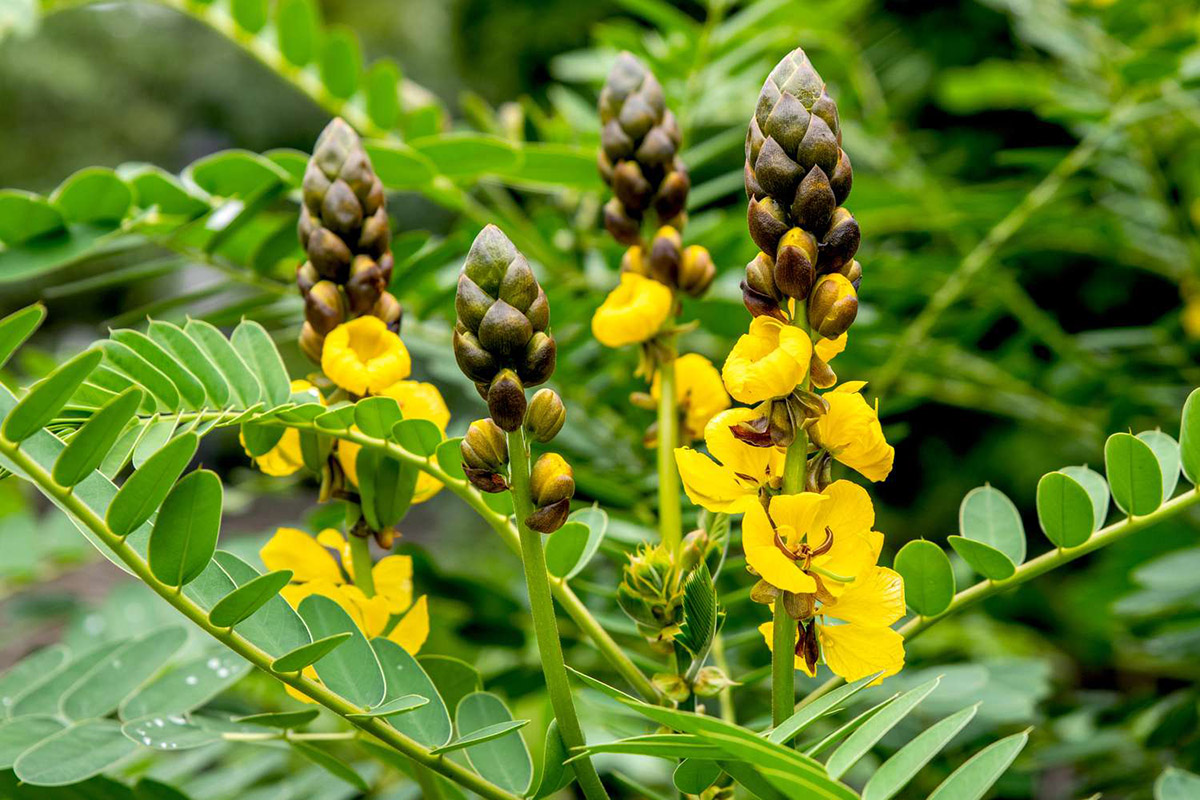

Garden Essentials
How Long Does Popcorn Take To Germinate
Modified: March 16, 2024
Wondering how long it takes for popcorn to germinate in your garden? Discover the average germination time for popcorn seeds and start planning your garden today!
(Many of the links in this article redirect to a specific reviewed product. Your purchase of these products through affiliate links helps to generate commission for Storables.com, at no extra cost. Learn more)
Introduction
Welcome to the wonderful world of popcorn! If you’ve ever wondered how long it takes for popcorn kernels to germinate and grow into thriving plants, you’ve come to the right place. In this article, we’ll explore the factors that affect popcorn germination time, the optimal conditions for germination, the germination process itself, average germination times, and some tips to enhance the germination process.
Popcorn, known for its delicious taste and undeniable popularity as a snack, is not only a treat for our taste buds but also an interesting plant to grow in our gardens or indoor spaces. Understanding the germination process is a crucial step in successfully cultivating popcorn plants and enjoying their bountiful yields.
So, let’s dive in and discover the fascinating journey of a popcorn kernel as it transforms into a thriving plant!
Key Takeaways:
- Popcorn seeds typically take 7 to 10 days to germinate, but factors like temperature and moisture can affect the timing. Providing optimal conditions and monitoring the process can lead to successful popcorn plant growth.
- To enhance popcorn germination, select high-quality seeds, maintain proper moisture and temperature, and troubleshoot common issues like poor germination or seedling weakness. With care and attention, you can nurture healthy popcorn plants.
Factors Affecting Popcorn Germination Time
Several factors can influence the germination time of popcorn kernels. Understanding these factors is key to ensuring successful germination and healthy plant growth. Here are some of the primary factors that can affect popcorn germination time:
- Seed Quality: The quality of the popcorn seeds plays a significant role in germination time. Fresh, high-quality seeds will generally germinate faster compared to old or low-quality seeds.
- Temperature: Popcorn seeds require a specific temperature range to germinate successfully. The ideal soil temperature for popcorn germination is typically between 80-90°F (27-32°C). Germination can be slowed down or inhibited if the temperature is too low or too high.
- Moisture: Adequate moisture is crucial for popcorn germination. The seeds need consistent moisture levels to break dormancy and initiate the germination process. Lack of moisture or excessive dryness can delay or prevent germination.
- Soil Conditions: The soil conditions, including the texture, pH level, and nutrient content, can influence the germination time of popcorn seeds. Well-draining soil with a slightly acidic to neutral pH (around 6.0-7.5) is ideal for popcorn germination.
- Light: Unlike some other plant species, popcorn seeds do not require light for germination. In fact, they typically prefer to germinate in darkness. Exposure to excessive light can hinder germination and lead to weaker seedlings.
- Seed Treatment: Some gardeners choose to treat popcorn seeds with various methods like scarification (scratching the seed coat) or soaking in water prior to planting. These treatments can help reduce the germination time and enhance overall germination success.
- Genetic Variability: Different popcorn varieties may have slight variations in their germination times. Factors such as the genetics and breeding of the popcorn variety can impact how quickly or slowly the seeds germinate.
By understanding these factors and adjusting the germination conditions accordingly, you can optimize the popcorn germination process and ensure a higher success rate in growing healthy popcorn plants.
Optimal Germination Conditions for Popcorn
To achieve optimal germination and ensure the successful growth of your popcorn plants, it’s important to provide the ideal conditions for the seeds. Here are some key factors to consider when creating the perfect germination environment:
- Temperature: Popcorn seeds thrive in warm soil conditions. Aim for a soil temperature between 80-90°F (27-32°C) to promote faster and more uniform germination. Using a soil thermometer can help you monitor and adjust the temperature if needed.
- Moisture: Adequate moisture is crucial for popcorn seed germination. Keep the soil consistently moist, but avoid overwatering which can lead to rotting of the seeds. Ensure proper drainage to prevent waterlogged soil.
- Soil Type: Popcorn prefers well-draining soil with good fertility. Loamy or sandy soils are ideal for popcorn germination. If your soil is heavy clay or compacted, consider amending it with organic matter, such as compost, to improve its texture and drainage.
- pH Level: Popcorn plants prefer a slightly acidic to neutral soil pH (around 6.0-7.5). You can test the pH of your soil using a soil testing kit or by sending a sample to a soil testing laboratory. Adjust the pH, if necessary, by adding organic amendments or soil conditioners.
- Light: While popcorn seeds don’t require light for germination, they do need sufficient light once they’ve sprouted. After the seeds have germinated and the seedlings emerge, provide them with 12-16 hours of bright, indirect sunlight or use grow lights if growing indoors.
- Air Circulation: Good air circulation is vital for preventing fungal diseases and promoting healthy growth. Avoid overcrowding the seeds and ensure proper spacing between plants. If growing indoors, use a fan to provide gentle air movement around the seedlings.
- Timing: Plant popcorn seeds when the soil has warmed up and all risk of frost has passed. For most regions, this is typically in late spring or early summer. Check your local climate zone and planting calendar for specific recommendations.
By providing these optimal germination conditions, you give your popcorn seeds the best chance to sprout and develop into strong, healthy plants. Remember to monitor the conditions regularly, adjust as needed, and provide ongoing care to nurture your popcorn plants throughout their growth cycle.
The Germination Process of Popcorn
The germination process is an incredible journey that popcorn kernels undergo to transform into vigorous plants. Understanding this process can help you appreciate the intricacies of growing popcorn and ensure you provide the necessary care at each stage. Here’s a breakdown of the germination process of popcorn:
- Seed Imbibition: It all begins with the absorption of water by the popcorn seeds. When placed in a moist environment, the seed coats become permeable and allow water to enter the seed.
- Activation of Enzymes: Water triggers the release of enzymes within the seed, which break down stored nutrients, proteins, and starches to provide energy for germination.
- Radicle Emergence: As the internal processes continue, a tiny root called the radicle emerges from the seed. This is the first visible sign of germination and is usually followed by the emergence of the shoot.
- Shoot Development: Once the radicle has established itself in the soil, a shoot emerges above the surface. This shoot contains the plumule, which develops into the leaves and stems of the popcorn plant.
- Leaf Expansion and Photosynthesis: As the shoot grows, the leaves begin to expand and harness energy from the sunlight through photosynthesis. This process is essential for the production of carbohydrates and further growth of the plant.
- Root Growth: Concurrently, the root system of the plant continues to develop, branching out and elongating to anchor the plant in the soil and absorb water and nutrients.
- Vegetative Growth: With the establishment of a strong root system and healthy photosynthetic activity, the popcorn plant enters a phase of rapid vegetative growth. The stems elongate, and the plant develops more leaves and branches.
- Tassel and Ears Formation: Depending on the specific variety and growing conditions, popcorn plants typically produce tassels (male flowers) and ears (female flowers) after a certain period of vegetative growth. These structures are responsible for pollination and subsequent kernel development.
- Kernel Development: Once the ears are pollinated, the kernels start to develop. They undergo several stages, including filling, maturation, and drying. The kernels gradually harden and transform into the starchy and flavorful popcorn we know and love.
The germination process of popcorn is a fascinating journey of transformation and growth. By providing the right conditions and caring for the seedlings throughout this process, you can nurture healthy popcorn plants that will reward you with a bountiful harvest of delicious popcorn.
Popcorn seeds typically take 7-10 days to germinate. Keep the soil consistently moist and provide warmth for best results.
Average Time for Popcorn Germination
The average time for popcorn germination can vary depending on several factors, including the specific popcorn variety, environmental conditions, and seed quality. On average, popcorn seeds take around 7 to 10 days to germinate, but this timeframe can range from 5 to 14 days.
It’s important to note that these are estimated averages, and it’s not uncommon to see some seeds germinate earlier or later than the average timeframe. Factors such as temperature, moisture, and soil conditions play a significant role in determining the germination time of popcorn seeds.
Higher soil temperatures, within the range of 80-90°F (27-32°C), can expedite the germination process, possibly resulting in faster germination times. Conversely, cooler temperatures can slow down the germination process and potentially extend the germination period.
Consistent moisture is essential for encouraging popcorn seed germination. Maintaining proper moisture levels in the soil throughout the germination period can help ensure a higher germination success rate and shorten the overall germination time.
It’s important to note that different popcorn varieties may have slightly different germination times. Some varieties may have a faster or slower germination rate compared to others. Therefore, it’s always a good idea to refer to the specific instructions provided by the seed supplier or check the information available on the seed packet for more accurate estimated germination times for your particular popcorn variety.
Additionally, factors such as seed quality and pre-treatment methods, such as scarification or soaking, can also impact germination time. Fresh, high-quality seeds that have been appropriately stored tend to have higher germination rates and may sprout more quickly compared to older or lower-quality seeds.
While the average germination time for popcorn is around 7 to 10 days, it’s essential to be patient and monitor the progress of your seedlings. Some seeds might take a bit longer to sprout, but with the right care and conditions, you can enjoy the excitement of seeing your popcorn plants emerge and thrive.
Read more: How Long Does It Take Turnips To Germinate
Tips for Enhancing Popcorn Germination
To improve the germination success rate of your popcorn seeds and ensure healthy plant growth, consider implementing the following tips:
- Seed Selection: Choose high-quality popcorn seeds from a reputable supplier. Look for seeds that are plump, uniform in size, and have a high germination rate.
- Seed Treatment: Consider pre-soaking your popcorn seeds for a few hours before planting. This can help soften the seed coat and promote faster germination. Alternatively, you can scarify the seed coat by rubbing it gently with sandpaper to improve water absorption.
- Proper Sowing Depth: Plant popcorn seeds at the recommended depth, usually around 1 to 1.5 inches (2.5 to 3.8 cm) deep. Planting too shallow or too deep can hinder germination. Follow the instructions provided by the seed supplier for the specific variety you are planting.
- Optimal Soil Moisture: Ensure that the soil is consistently moist, but not waterlogged, during the germination period. Monitor the moisture levels regularly and adjust watering as needed to prevent the seeds from drying out or becoming overly saturated.
- Warm Soil Temperature: Maintain the soil temperature in the range of 80-90°F (27-32°C) to promote faster and more uniform germination. Consider using a heating mat or placing the seed trays in a warm location, such as near a heat source or in a greenhouse.
- Protect from Cold Weather: Avoid planting popcorn seeds too early in the season when the soil is still cold and the risk of frost exists. Cold temperatures can impede germination. Wait until the soil has warmed up adequately before sowing your seeds.
- Adequate Air Circulation: Ensure proper air circulation around the germinating popcorn seeds. Good airflow helps prevent fungal diseases and creates a healthy environment for germination. Avoid overcrowding the seeds and provide spacing between seedlings if growing them in containers or trays.
- Regular Monitoring: Keep a close eye on the germinating seeds and seedlings. Monitor for signs of growth, such as the emergence of roots and shoots. Check for any issues like mold or damping off and take prompt action if necessary to prevent further damage.
- Provide Sufficient Light: Once the seedlings emerge, ensure they receive adequate light. For indoor cultivation, place the seedlings near a sunny window or use grow lights to provide 12-16 hours of bright, indirect light per day.
- Proper Transplanting: If you plan to transplant your popcorn seedlings into the garden, do so carefully when they have developed a few sets of true leaves. Plant them at the appropriate spacing and provide ongoing care to ensure successful establishment.
By implementing these tips, you can enhance the germination process of your popcorn seeds and increase the chances of successful growth and a bountiful harvest. Remember to tailor your care to the specific needs of your popcorn variety and maintain consistent monitoring throughout the germination period.
Common Issues and Troubleshooting
While growing popcorn can be a rewarding experience, it’s important to be aware of common issues that can arise during the germination process. Here are some common problems you may encounter when germinating popcorn seeds and ways to troubleshoot them:
- Poor Germination: If your popcorn seeds are not germinating or are germinating poorly, it could be due to factors such as low seed quality, improper sowing depth, inadequate moisture, or unsuitable temperatures. Check the quality of your seeds, ensure proper planting depth, maintain consistent soil moisture, and provide the appropriate temperature conditions to optimize germination.
- Damping Off: Damping off is a fungal disease that can cause seedling death or slow growth. To prevent damping off, avoid overwatering, provide good air circulation, and ensure the soil is well-drained. Sterilizing the potting soil before sowing the seeds can also help eliminate potential fungal pathogens.
- Seedling Weakness: Weak seedlings can be a result of insufficient light, improper watering, or nutrient deficiencies. Provide adequate light during the seedling stage, water the plants effectively (not too much or too little), and ensure the soil has enough nutrients through organic matter or balanced fertilizers.
- Pest Infestation: Popcorn plants can be susceptible to pests like aphids, cutworms, and armyworms. Monitor your plants regularly for signs of pest infestation and take appropriate measures, such as using organic insecticides or introducing natural predators, to control the pests.
- Excessive Heat: High temperatures can negatively affect popcorn germination. If the soil temperature is consistently too high (above 90°F/32°C), consider providing shade or using shade cloth to cool down the area. Ensure proper watering to minimize heat stress on the plants.
- Seedling Transplant Shock: When transplanting popcorn seedlings into the garden, they may experience transplant shock, resulting in wilting or slow growth. To minimize transplant shock, handle the seedlings carefully, avoid disturbing the root system, and provide adequate water and shade during the initial period after transplanting.
- Improper Pollination: Poor pollination can lead to incomplete kernel development or empty ears. To ensure proper pollination, consider planting multiple rows or grouping popcorn plants together to enhance cross-pollination. Wind or manual assistance, such as shaking the tassels or using a small paintbrush to transfer pollen, can also help improve pollination rates.
By identifying and troubleshooting these common issues, you can overcome challenges during the popcorn germination process and nurture healthy, thriving plants. Remember to practice preventive measures, provide suitable growing conditions, and monitor your plants for early signs of problems to address them promptly.
Conclusion
Cultivating popcorn from seed to harvest can be a rewarding experience that allows you to enjoy the satisfaction of growing your own delicious snack. Understanding the germination process and implementing the necessary steps to optimize popcorn germination can significantly increase your success rate and yield.
Factors such as seed quality, temperature, moisture, soil conditions, and light all play crucial roles in the germination process. By selecting high-quality seeds, providing optimal conditions, and troubleshooting common issues, you can nurture healthy popcorn plants and achieve a successful harvest.
Remember to plant your popcorn seeds at the appropriate depth, maintain consistent moisture levels, provide warm soil temperatures, and ensure good air circulation. Regular monitoring and addressing any problems promptly will contribute to the overall success of your popcorn growing adventure.
With a little patience, care, and perseverance, you can witness the magic of popcorn germination and enjoy the fruits of your labor. From the tiny seed that absorbs water to the emergence of roots, shoots, tassels, and ears, each step in the germination process is a testament to the remarkable power of nature.
So, whether you’re growing popcorn in your backyard or in containers on your balcony, follow the guidelines outlined in this article and enjoy the journey of nurturing your popcorn plants from germination to harvest. Get ready to savor the delicious taste of your homegrown popcorn and share the joy with family and friends.
Frequently Asked Questions about How Long Does Popcorn Take To Germinate
Was this page helpful?
At Storables.com, we guarantee accurate and reliable information. Our content, validated by Expert Board Contributors, is crafted following stringent Editorial Policies. We're committed to providing you with well-researched, expert-backed insights for all your informational needs.
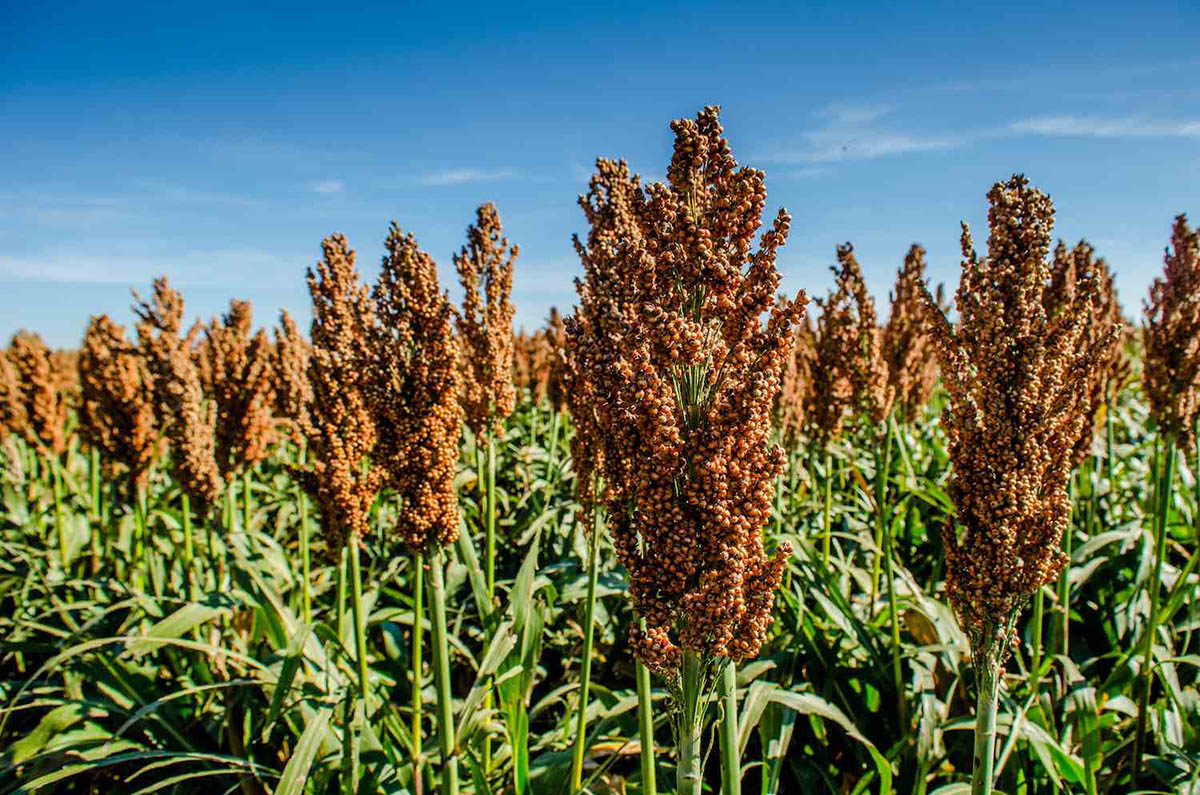
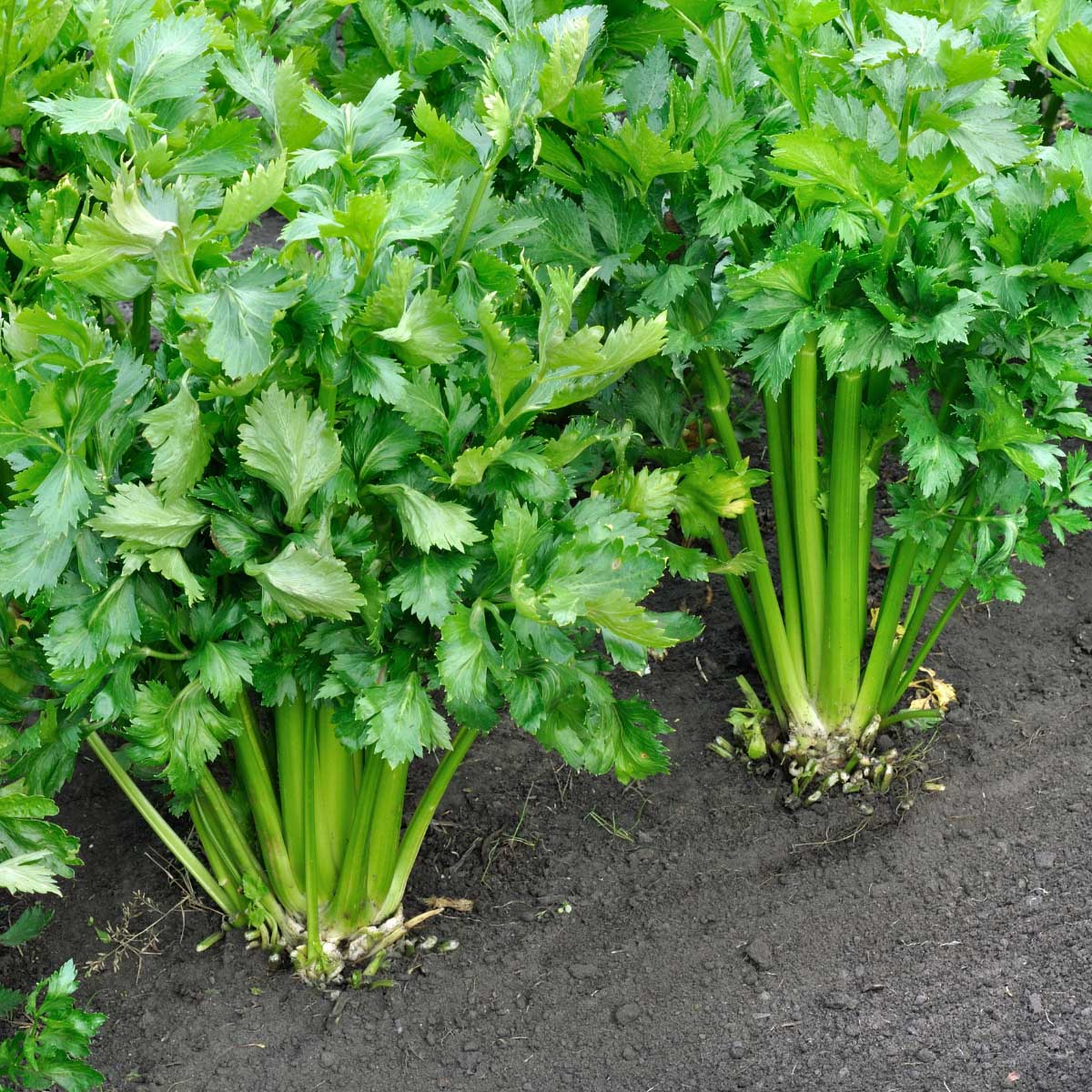
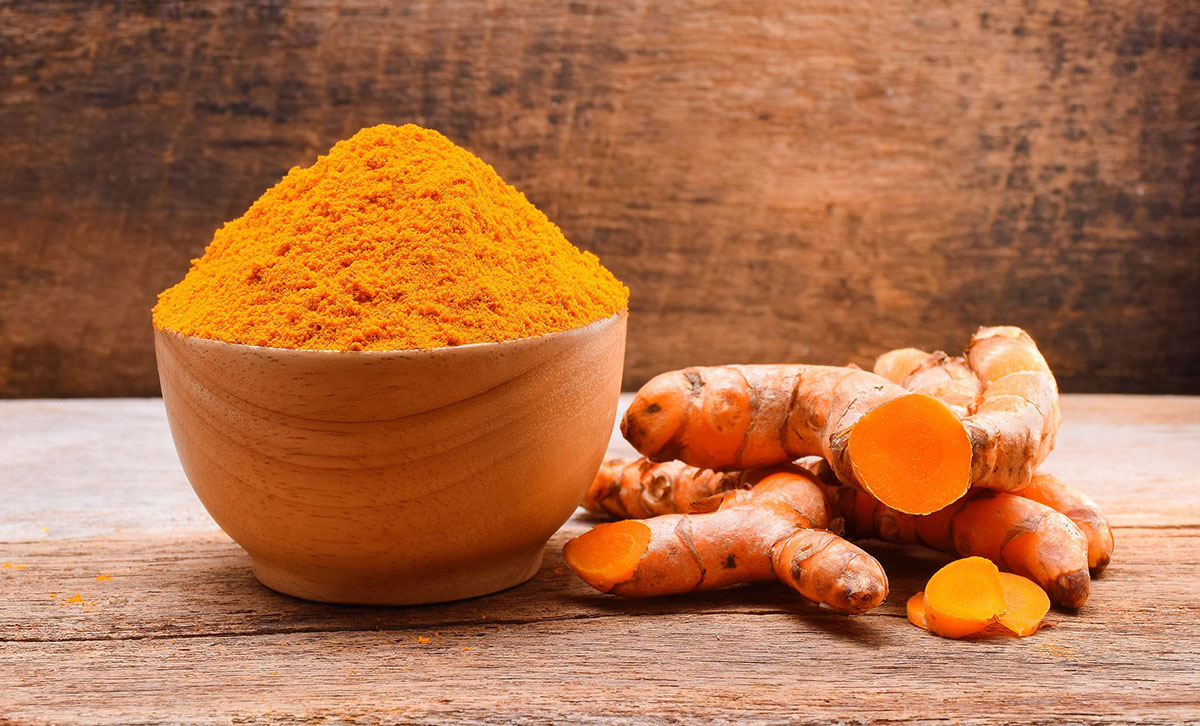
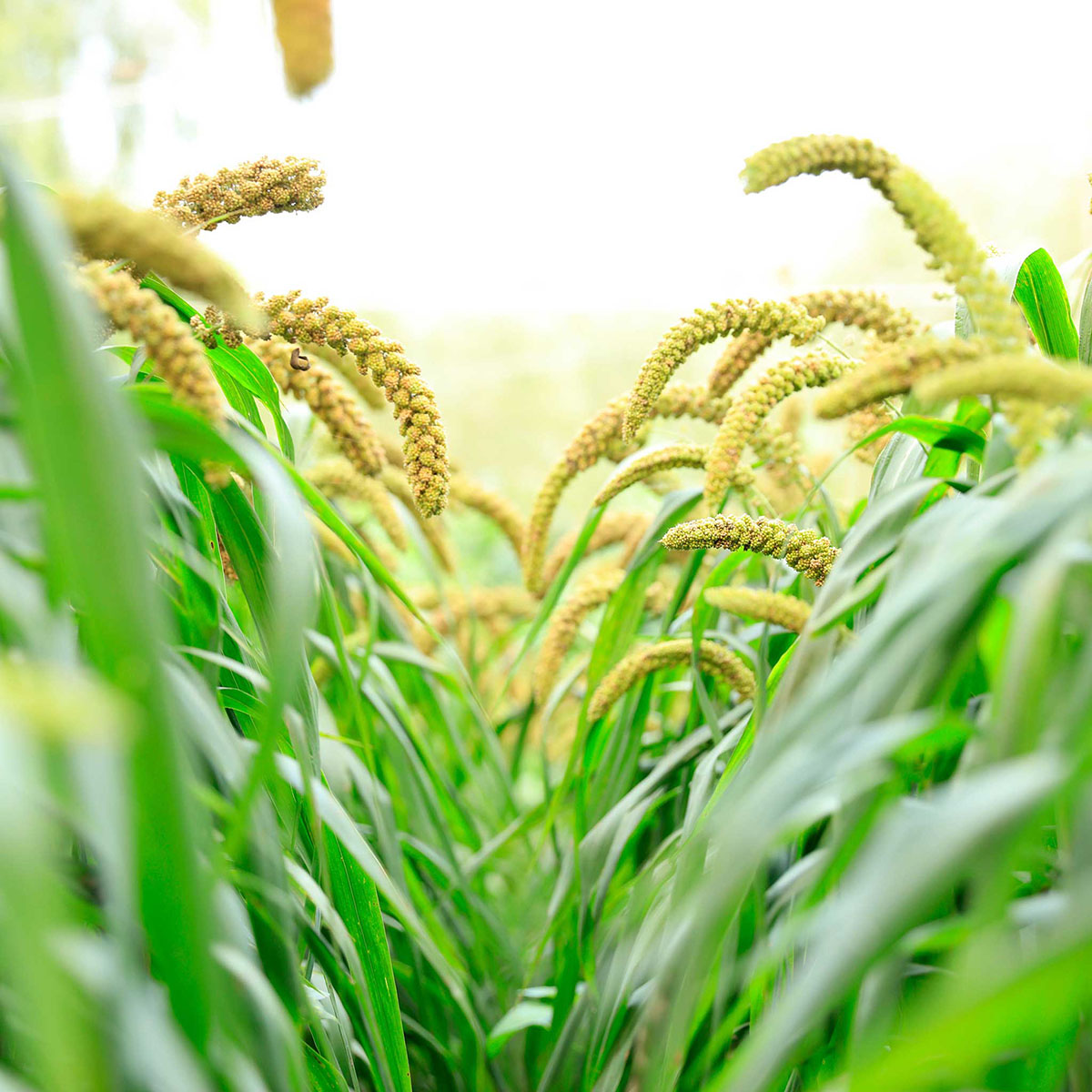
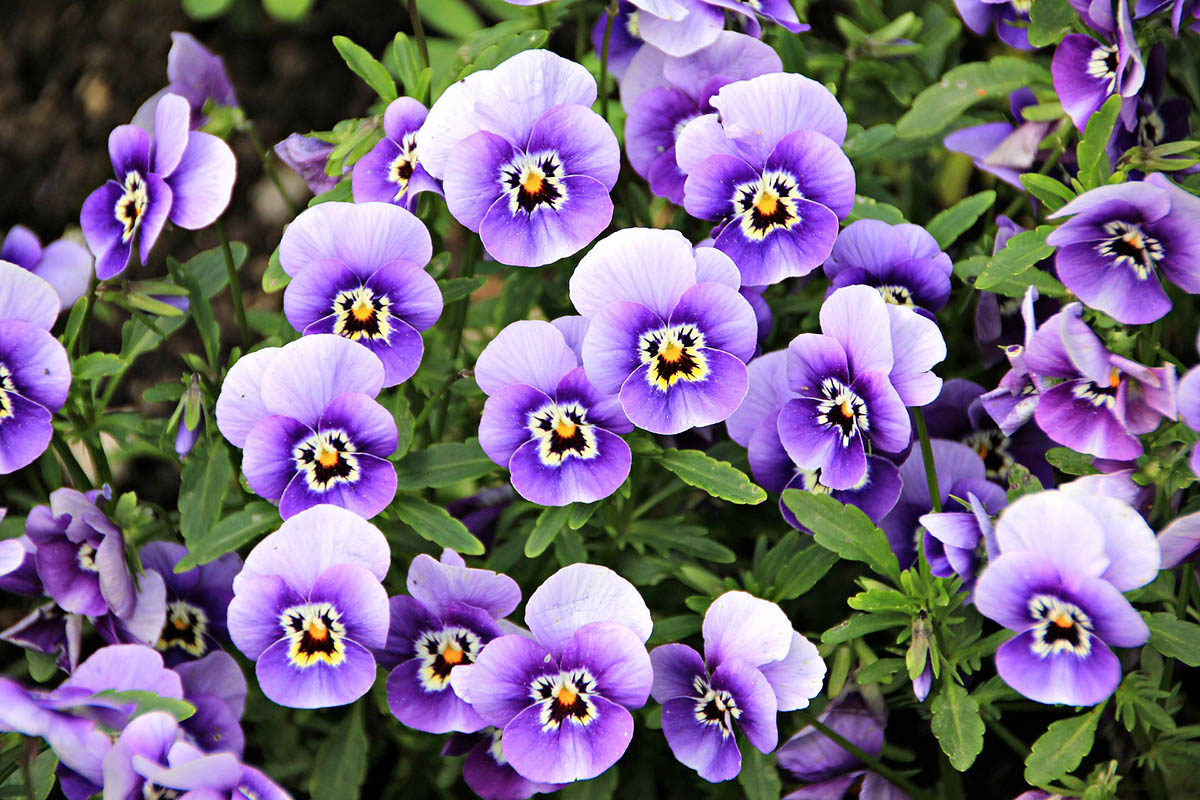
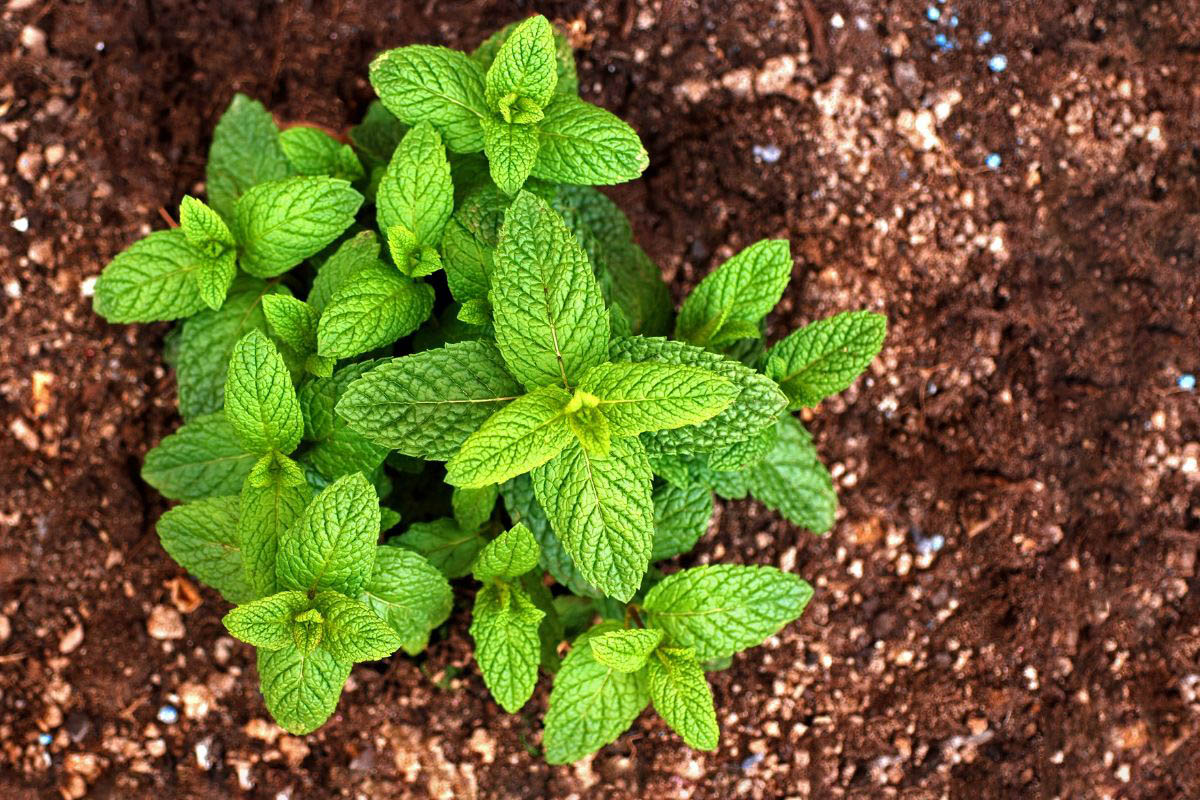
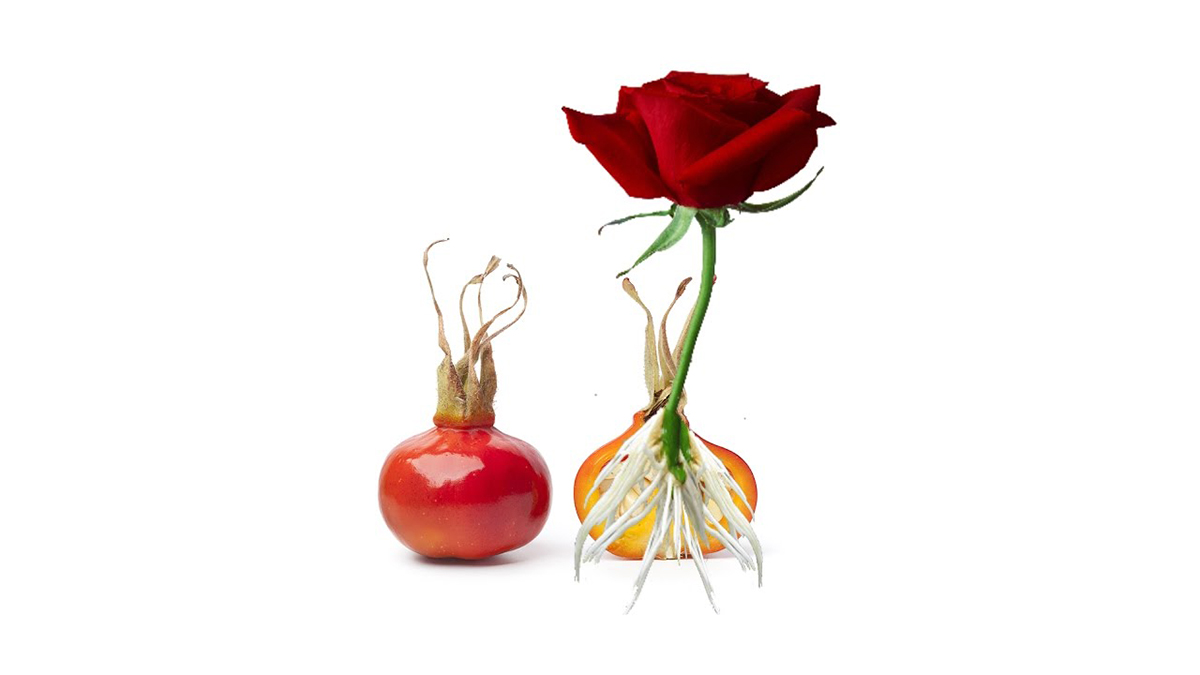
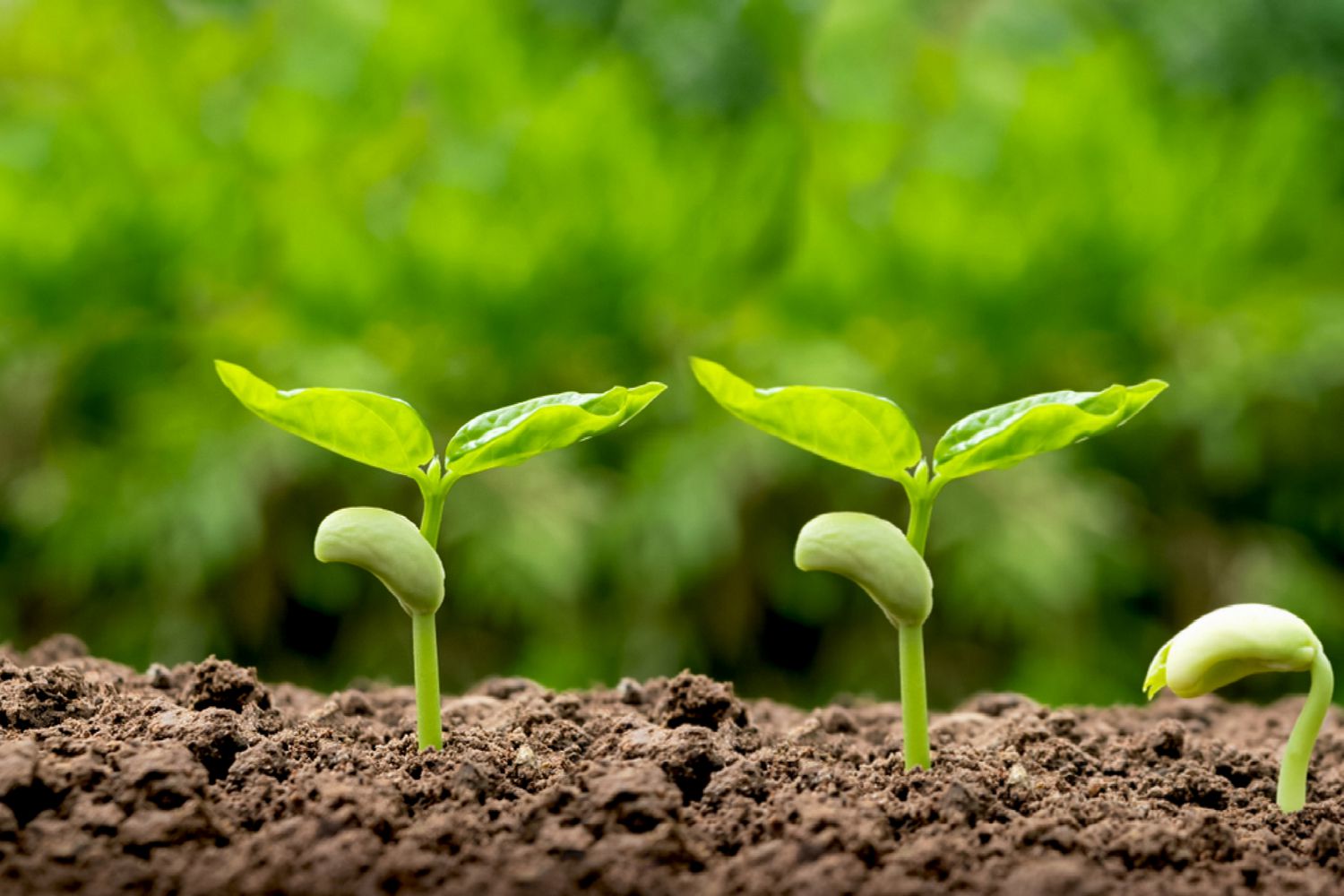
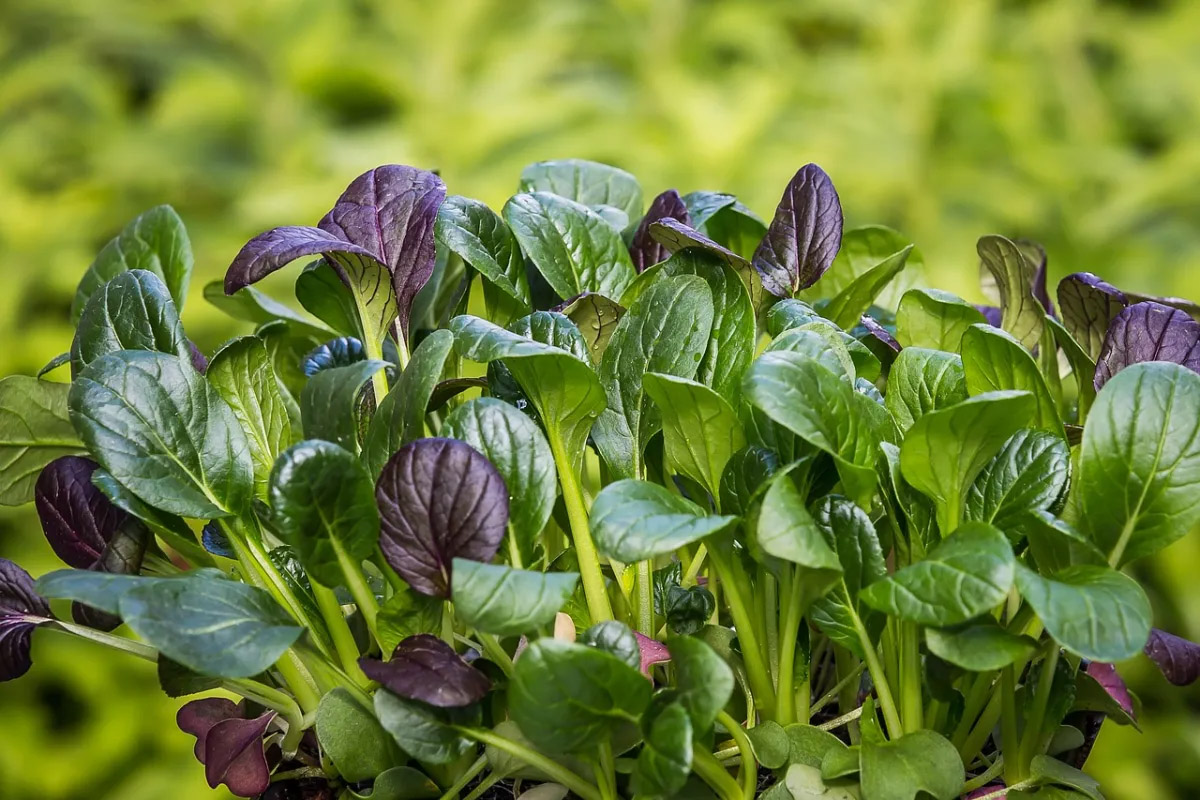
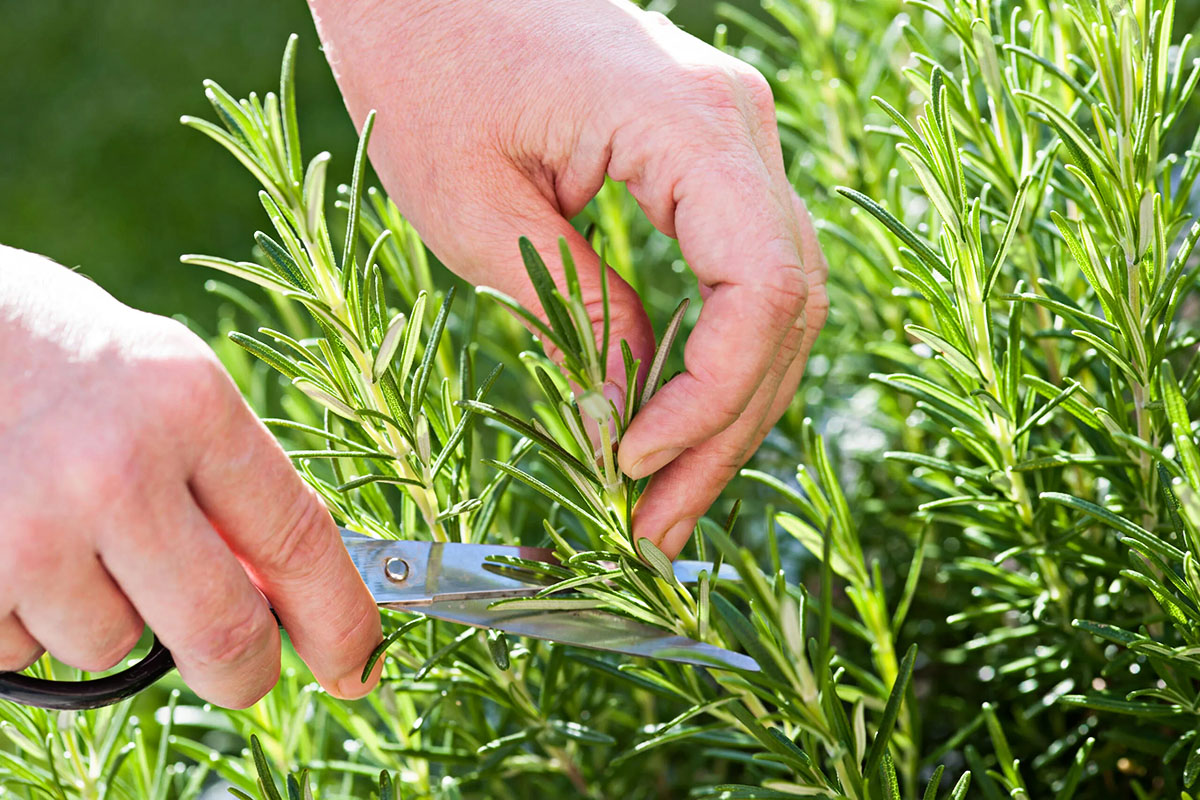
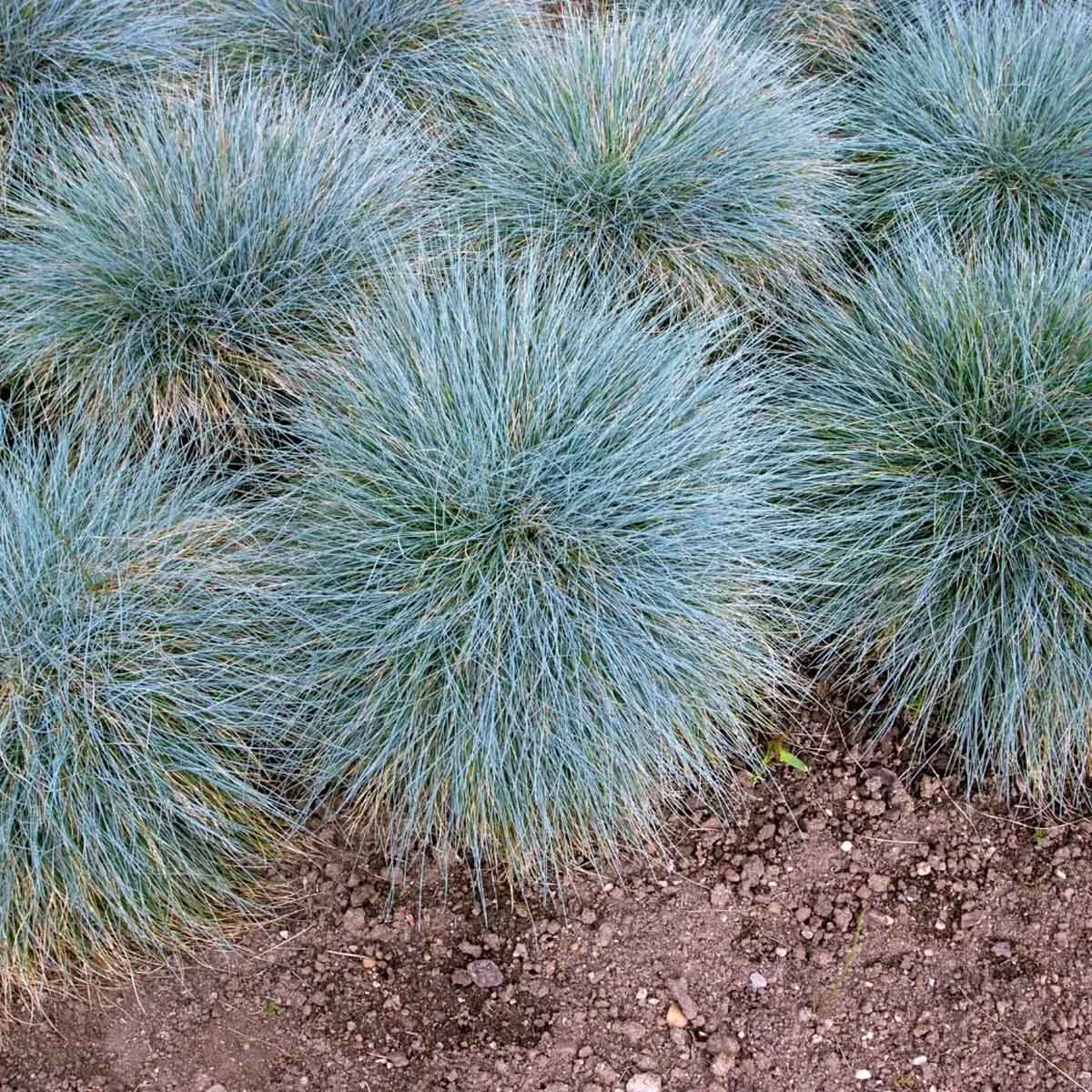
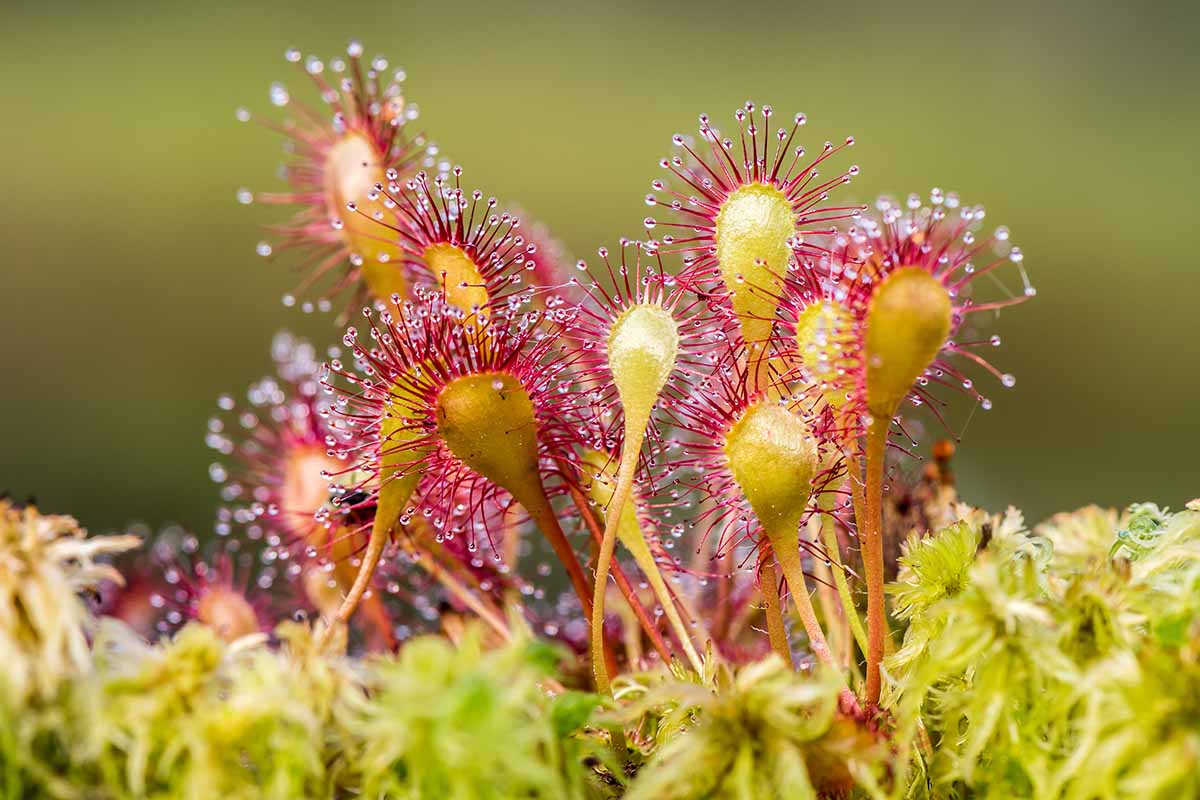
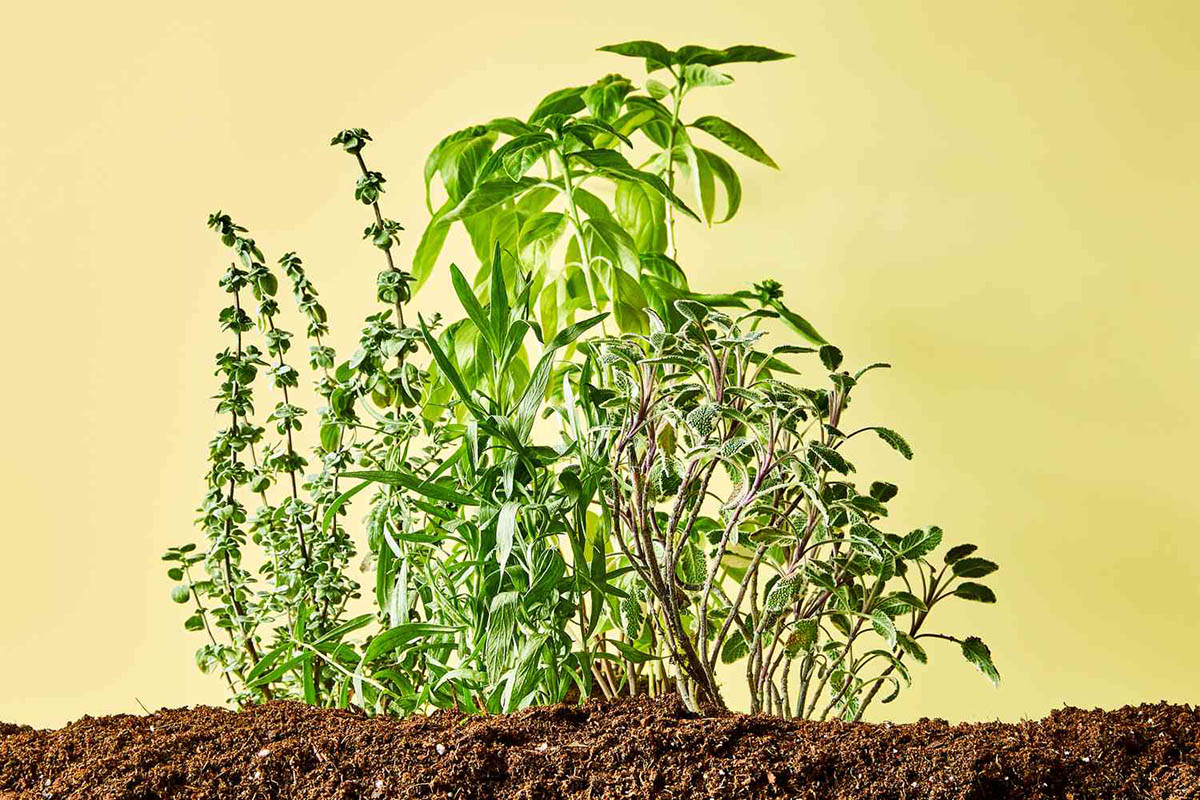
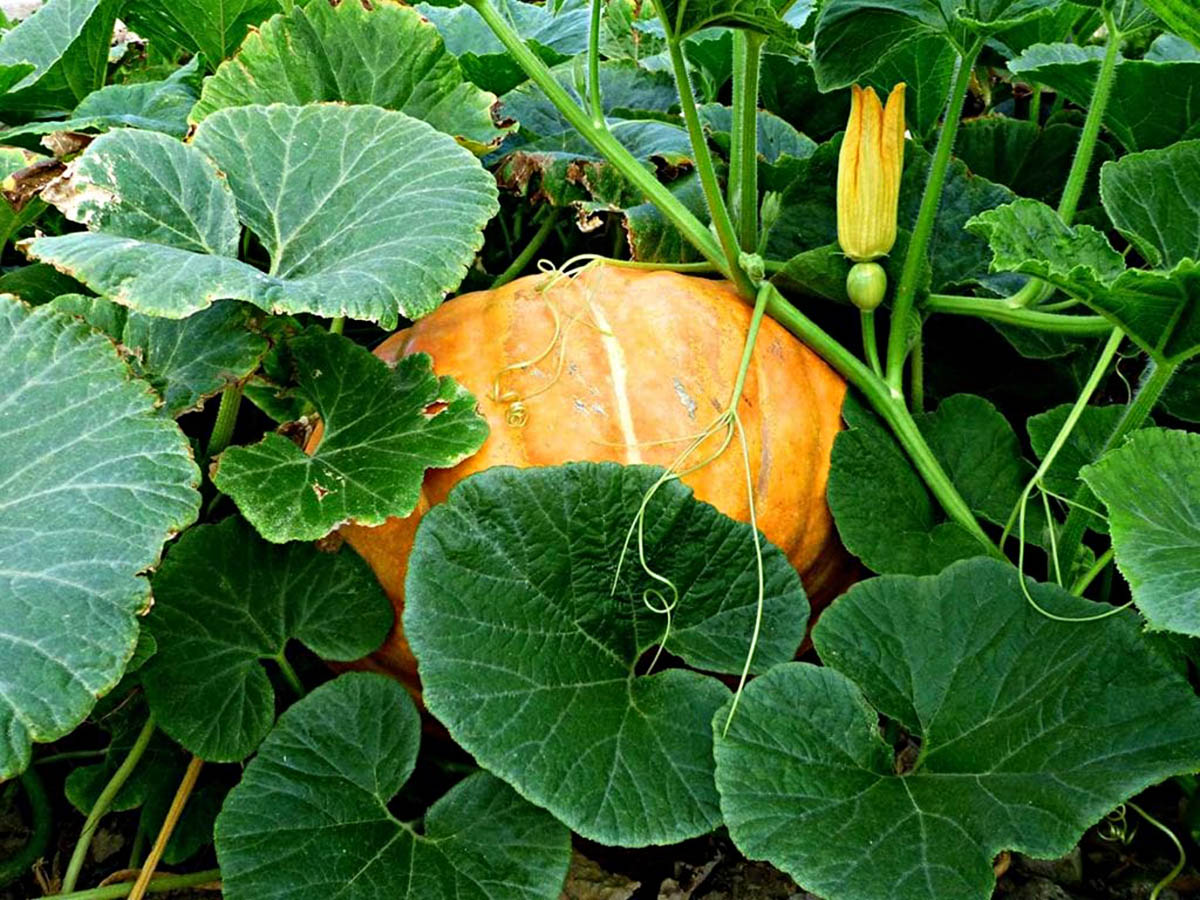

0 thoughts on “How Long Does Popcorn Take To Germinate”